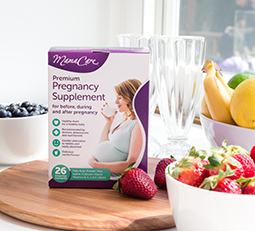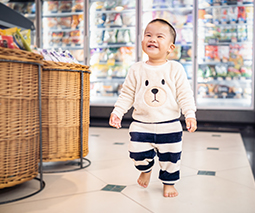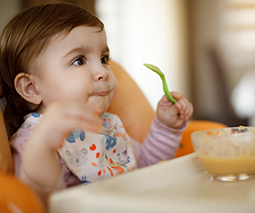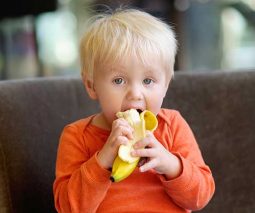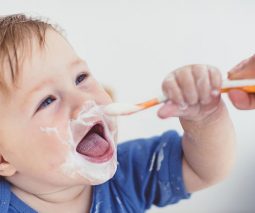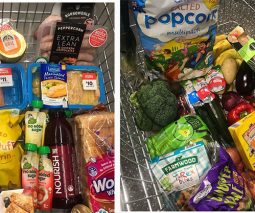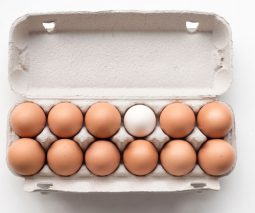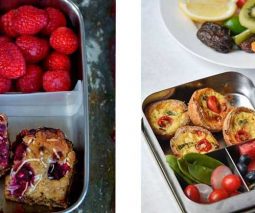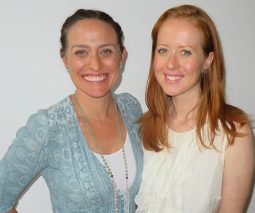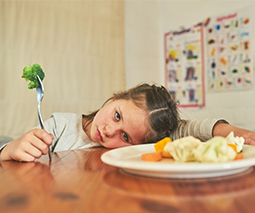‘Good’ and ‘bad’ food: Why putting labels on food can do more harm than good
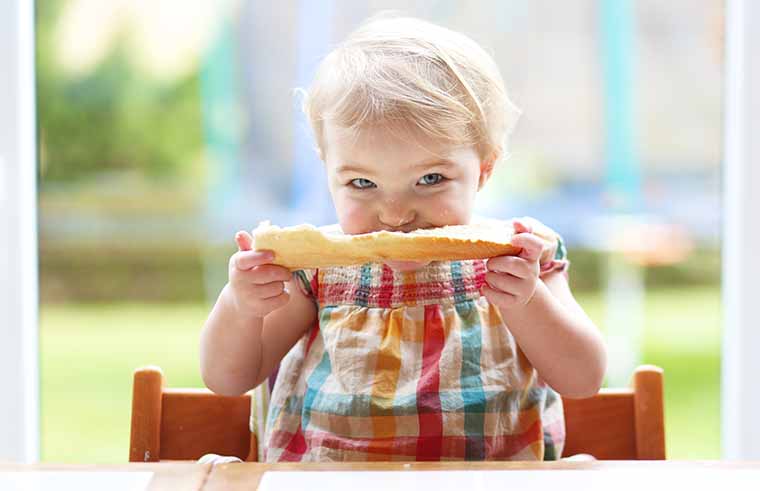
“I’m fat, Mummy!”
When Feed Play Love host Shevonne Hunt’s young daughter said this recently she was mortified.
“It was confusing; I have never spoken about myself or my body in that way before,” said Shevonne. “How do we manage that as parents?”
Creating good food associations
When it comes to managing the relationship our children have with food and their bodies, paediatric dietitian Dr Jennifer Cohen – aka ‘The Fussy Eating Doctor’ – has just the right expertise to tackle this issue for parents. She says that is is our actions, not words that are key to creating good food associations, as is avoiding attributing any kind of value to foods.
“We are only just starting to learn where our children absorb body image information from. Even if it wasn’t you that said it, it could have been a family member to kids in the playground,” says Jennifer.
“Children are younger and younger, thanks to social media and media in general that uses words like ‘overweight’ or ‘childhood obesity’ much more than when we grew up.”
Listen to Dr Jennifer Cohen on Feed Play Love
Actions speak louder than words
“We have to be really aware within ourselves about the way we talk about our bodies and also the food we are eating,” says Jennifer. “When we were young, we labelled foods ‘good’ and ‘bad’. Now we don’t use those words and we need to be careful to avoid putting power into food. Bad food is a food you can’t eat, like if it’s gone off or it’s mouldy, and that’s it.”
Jennifer explains that the same rule applies when it comes to using words like ‘healthy’ and ‘unhealthy’.
“Healthy doesn’t mean much to kids as a word. So when kids get older, they get body image issues then they start using the language labels around food.”
What can you say when kids ask for ice-cream at breakfast time?
Jennifer recommends approaching foods from the perspective of what they can do for your body.
“Say something like, this is broccoli, it’s green, it looks like a tree and this has got vitamins in it that is going to give you strength,” says Jennifer. “Or, this is meat and it has iron it and that gives your body enough energy to run around the park, or go to gymnastics.”
The flipside of these conversations then is when it is about foods such as chocolate or ice-cream, or lollies and chips.
“In those cases, you can say these foods won’t give you as much energy. They aren’t as useful for your body to do all those things that you want it to do.”
Try not to reward behaviour with food
Guilty of bribing your kids to finish dinner with the reward of dessert? Or a Kinder Surprise egg at the end of a stressful shopping trip? Me too. But Jennifer says this habit does far more harm than good.
“Doing this is using food as a reward, so your child starts to think that food is good or special. We want to avoid that, our aim is to work toward an appreciation of all foods being good for you – it’s just about getting the balance right,” says Jennifer.
